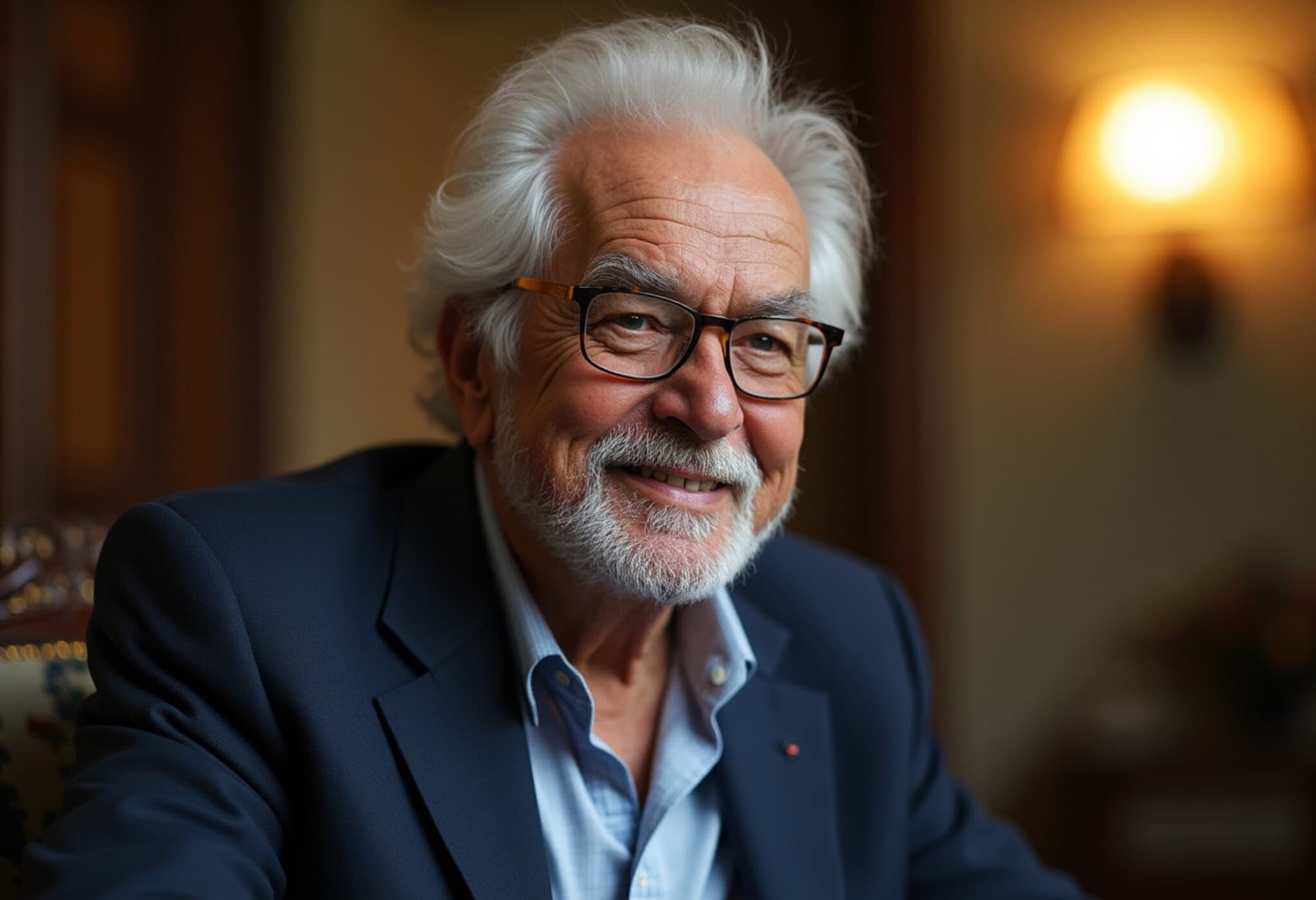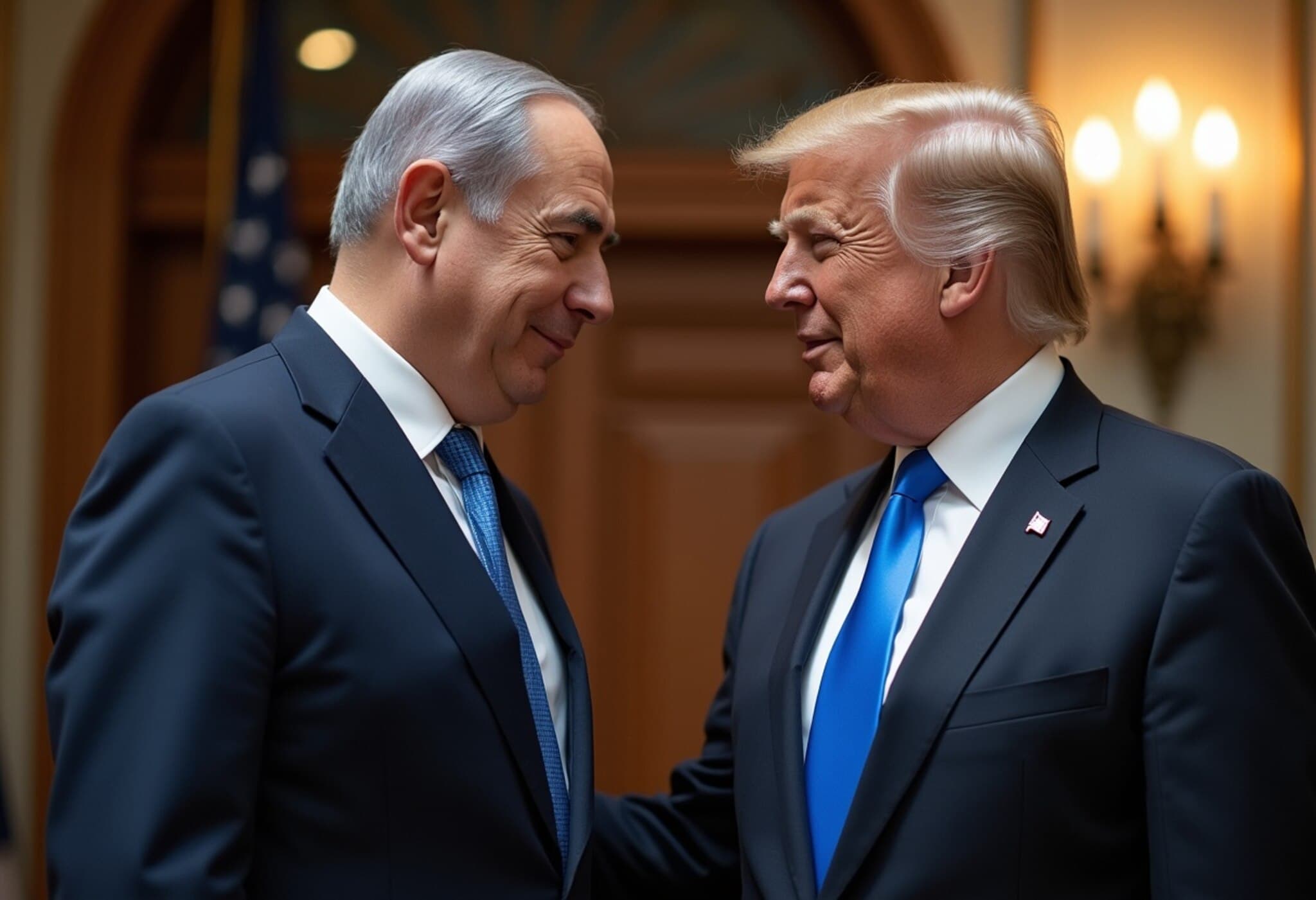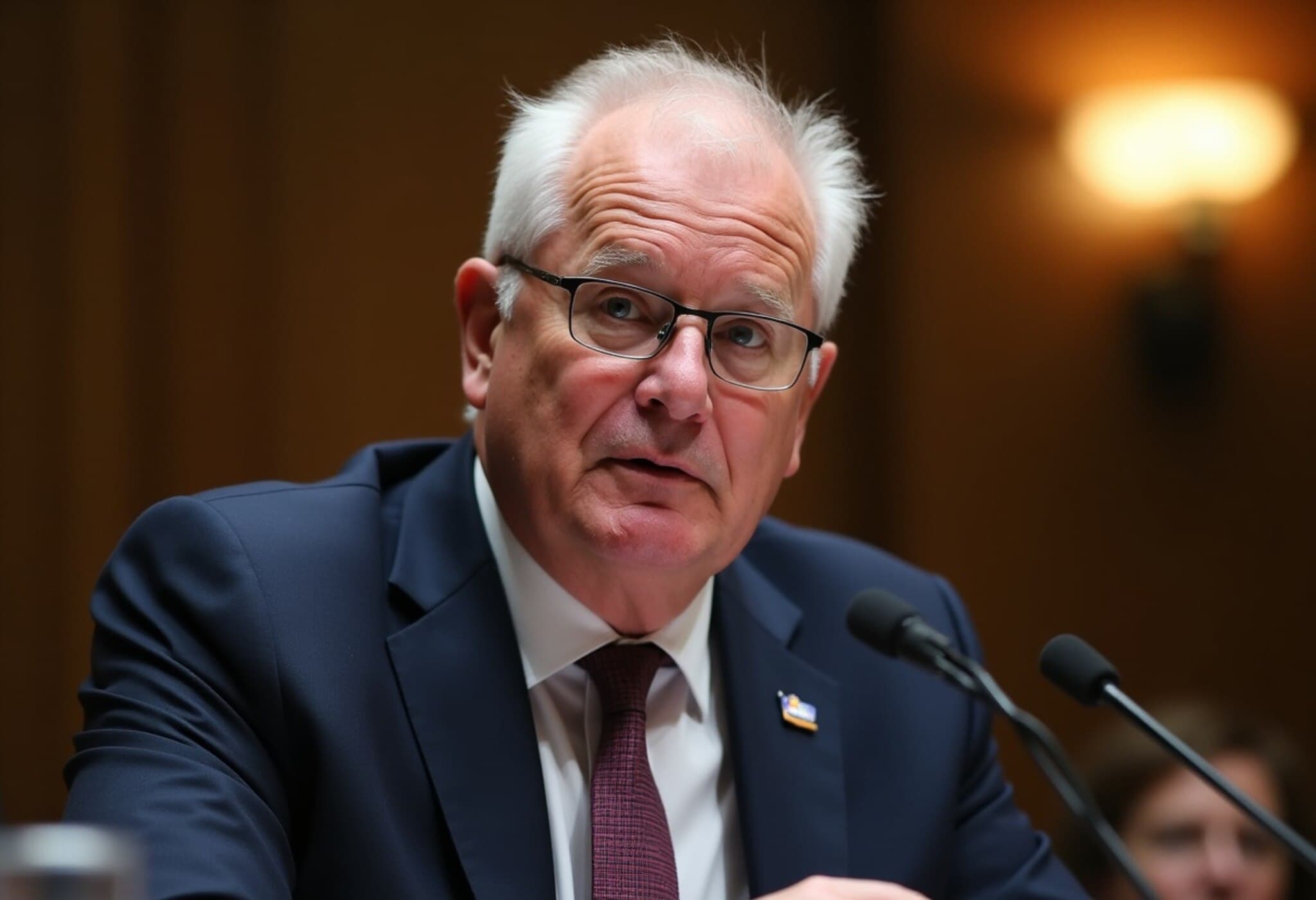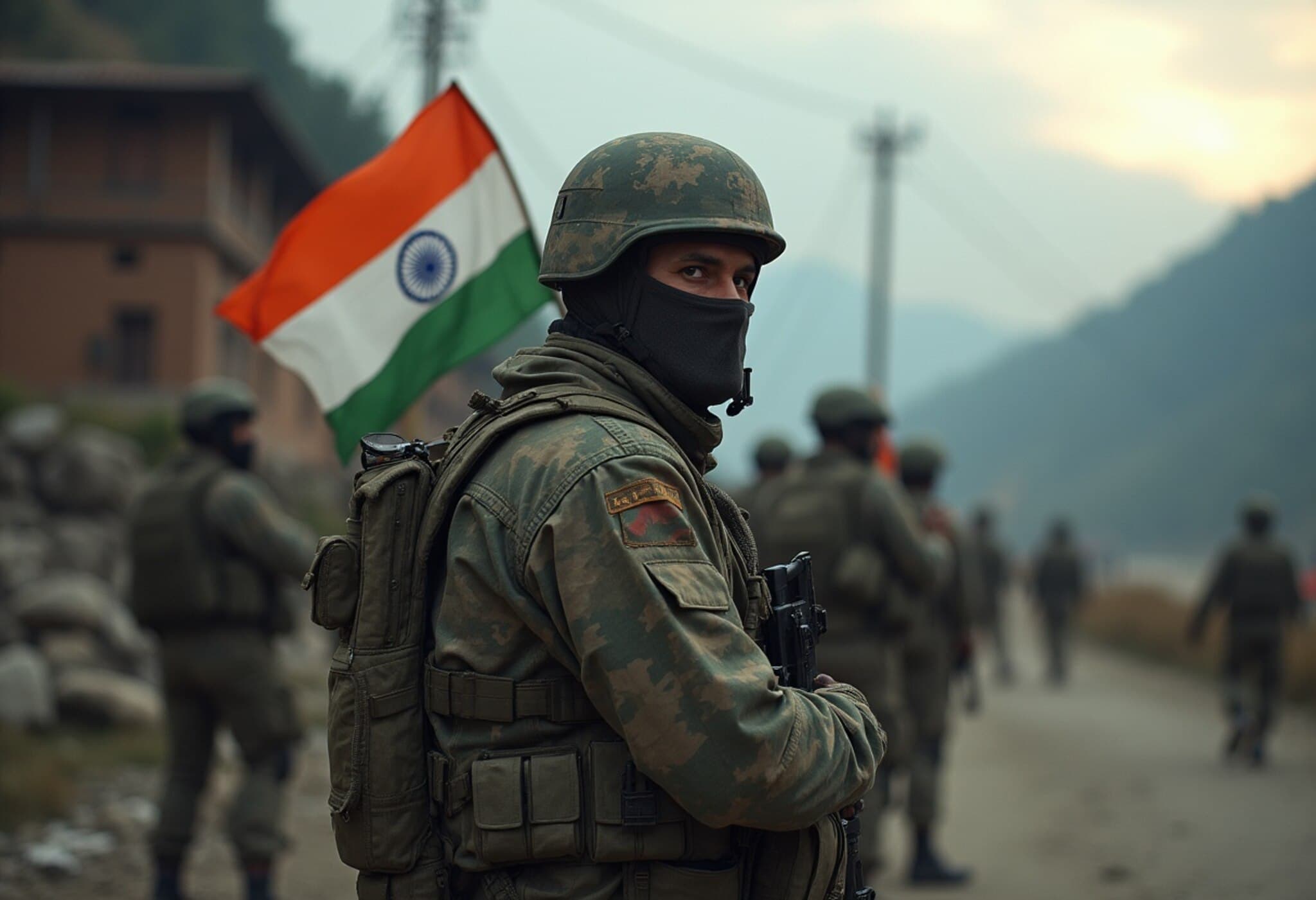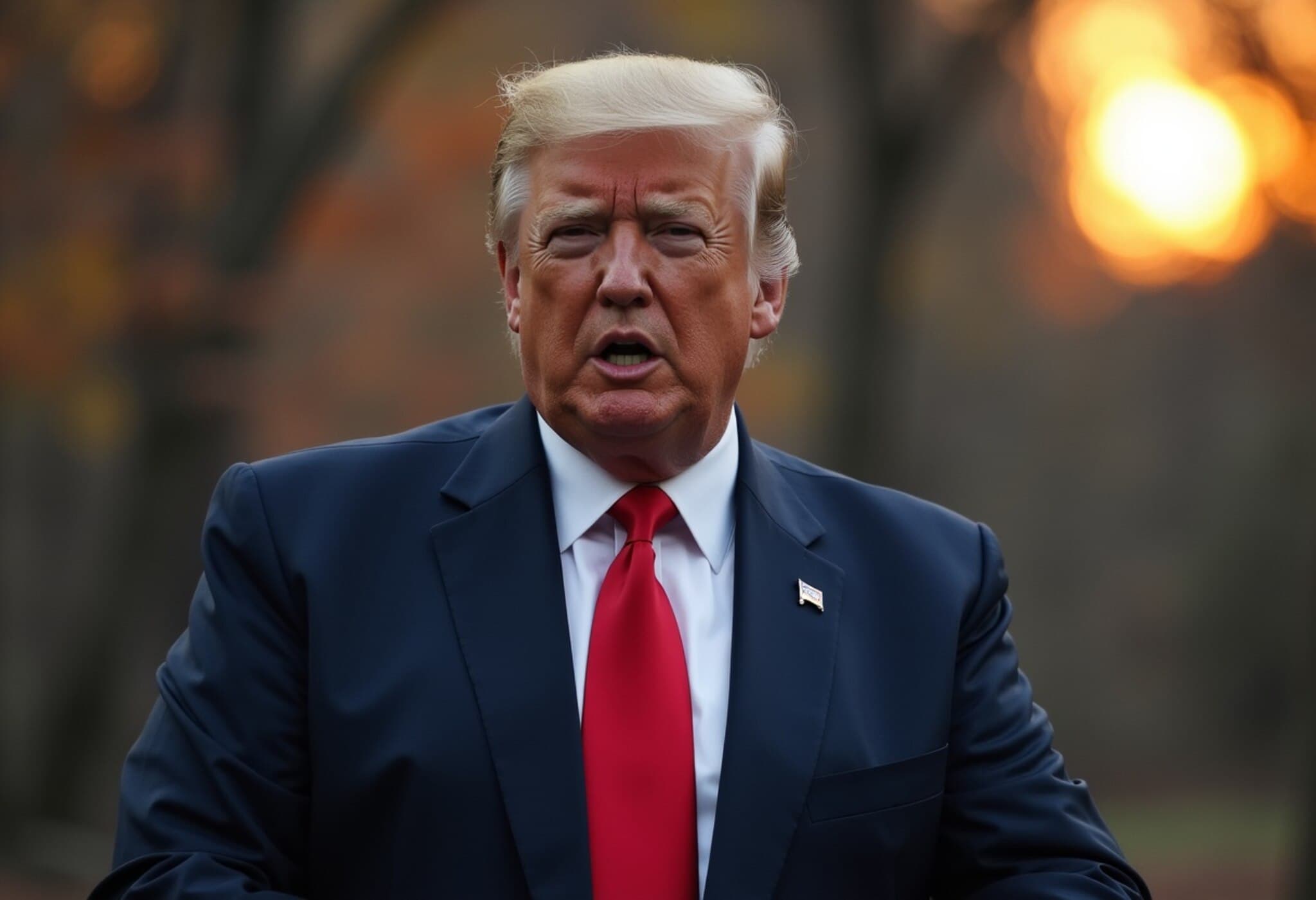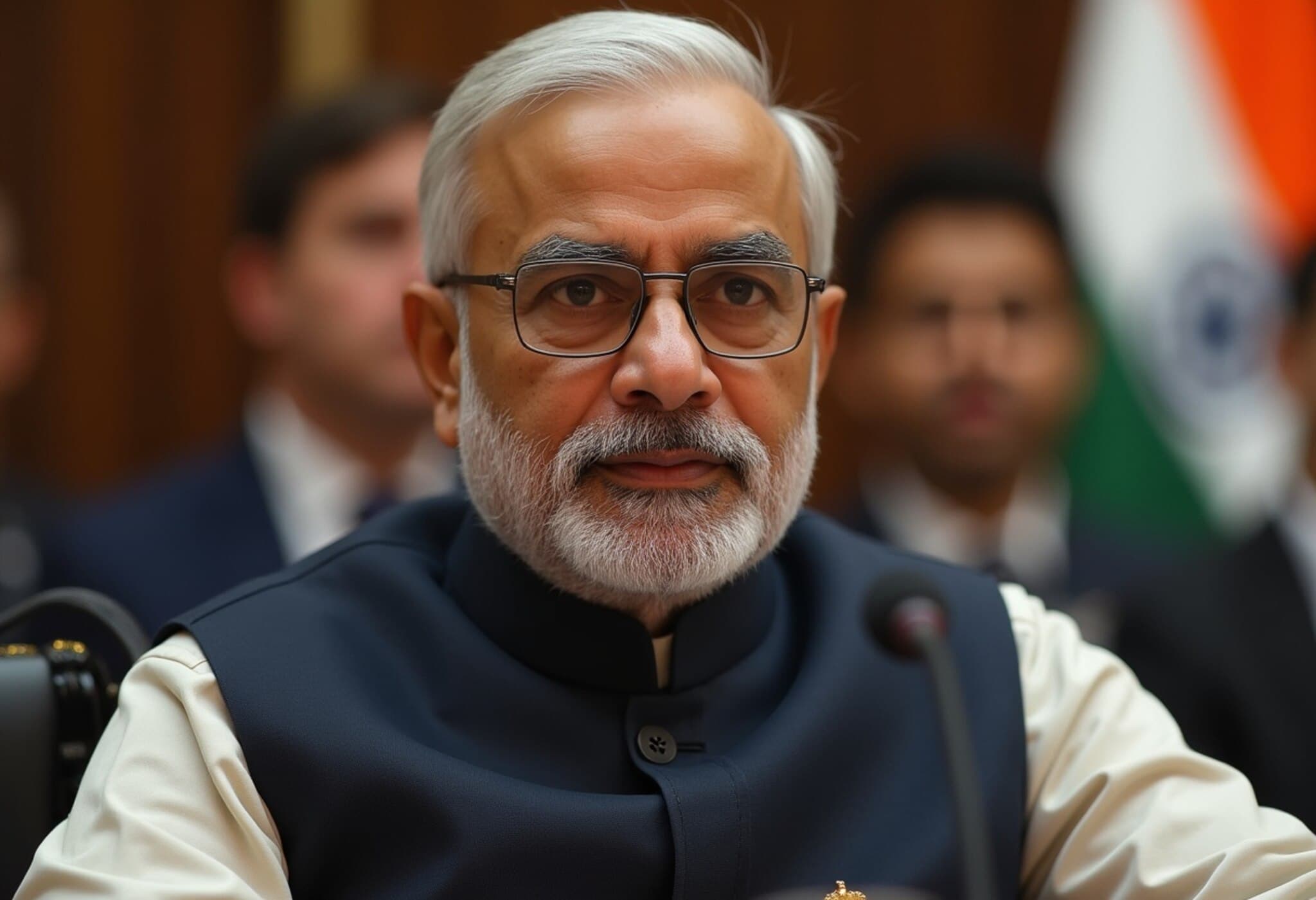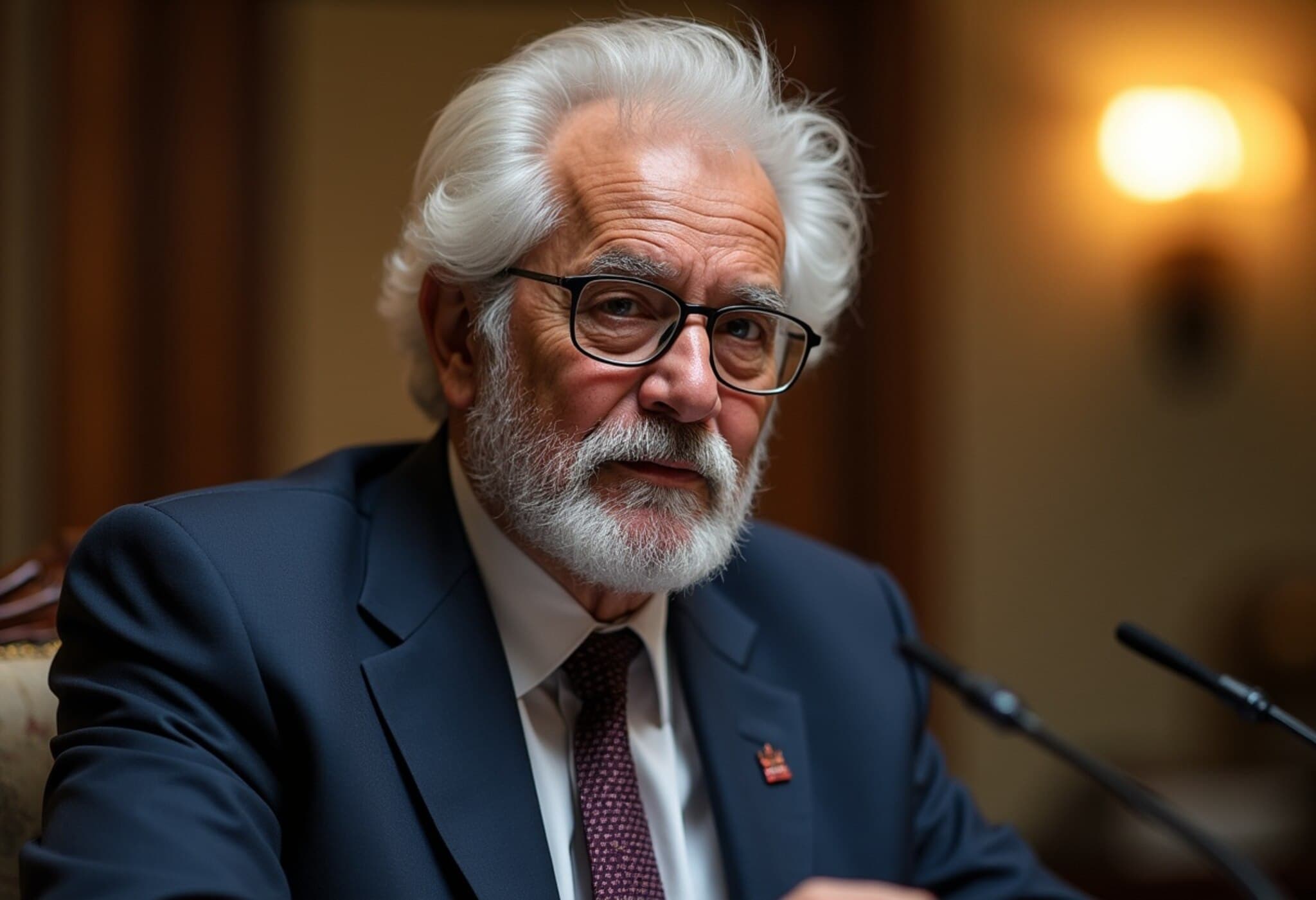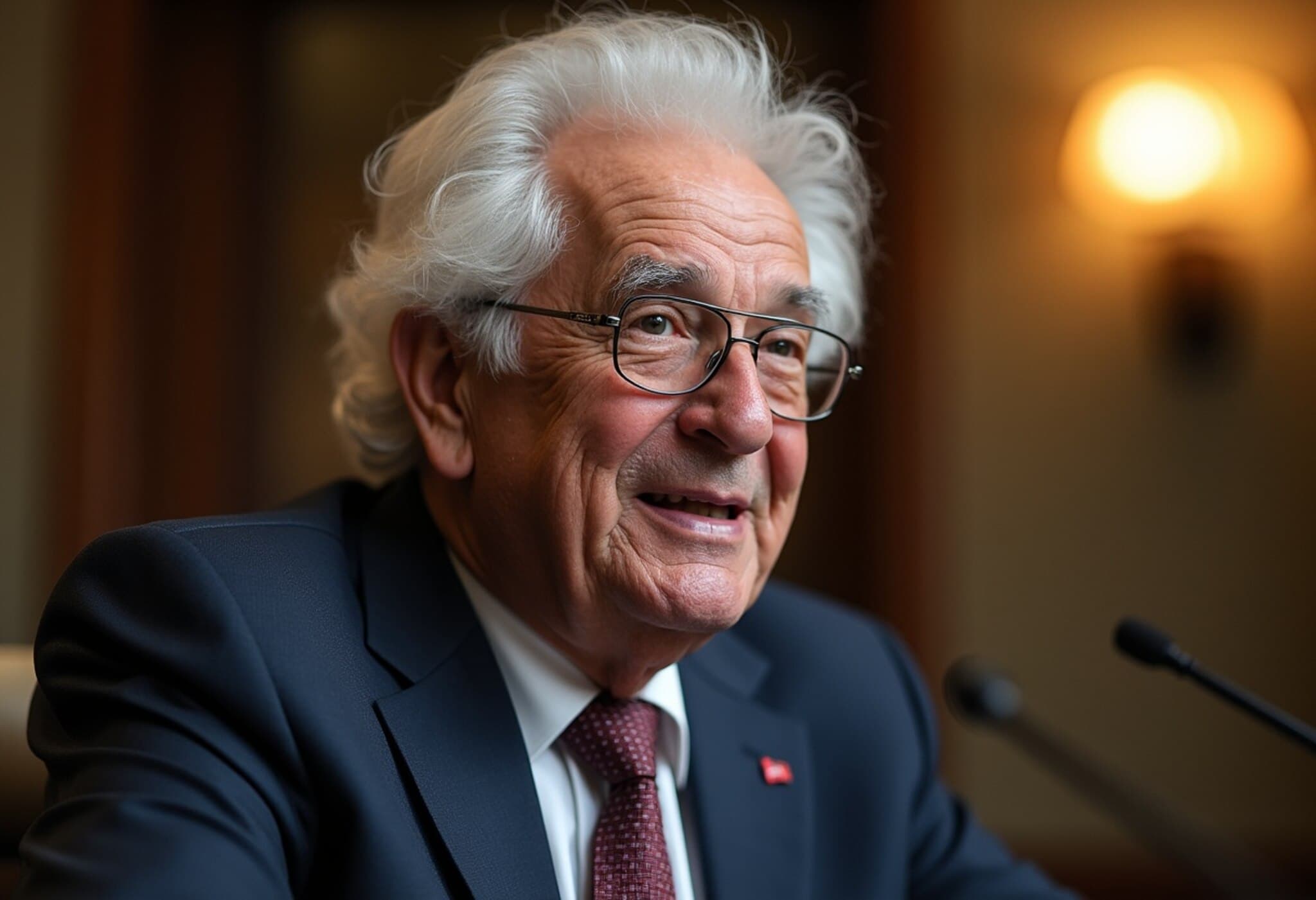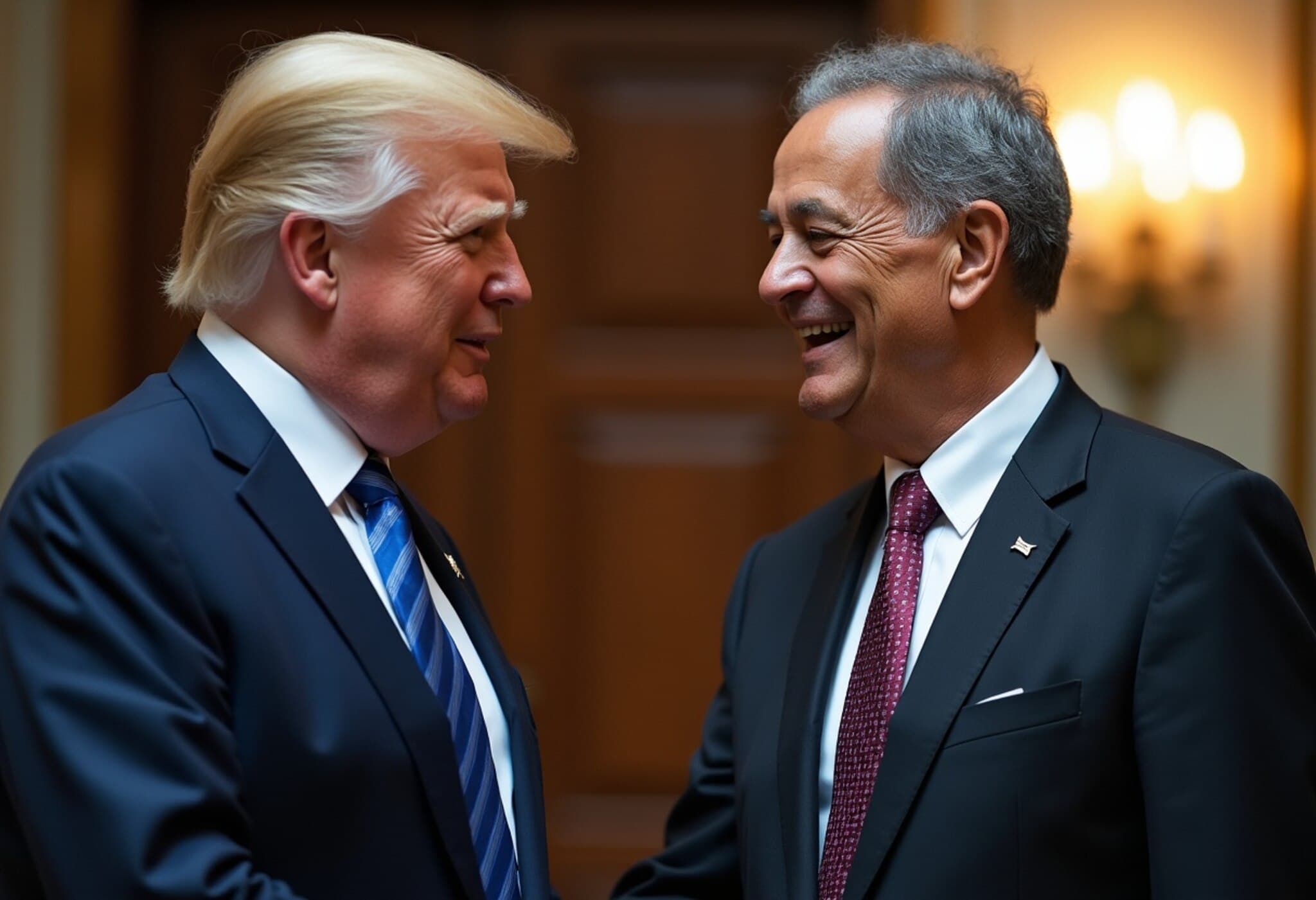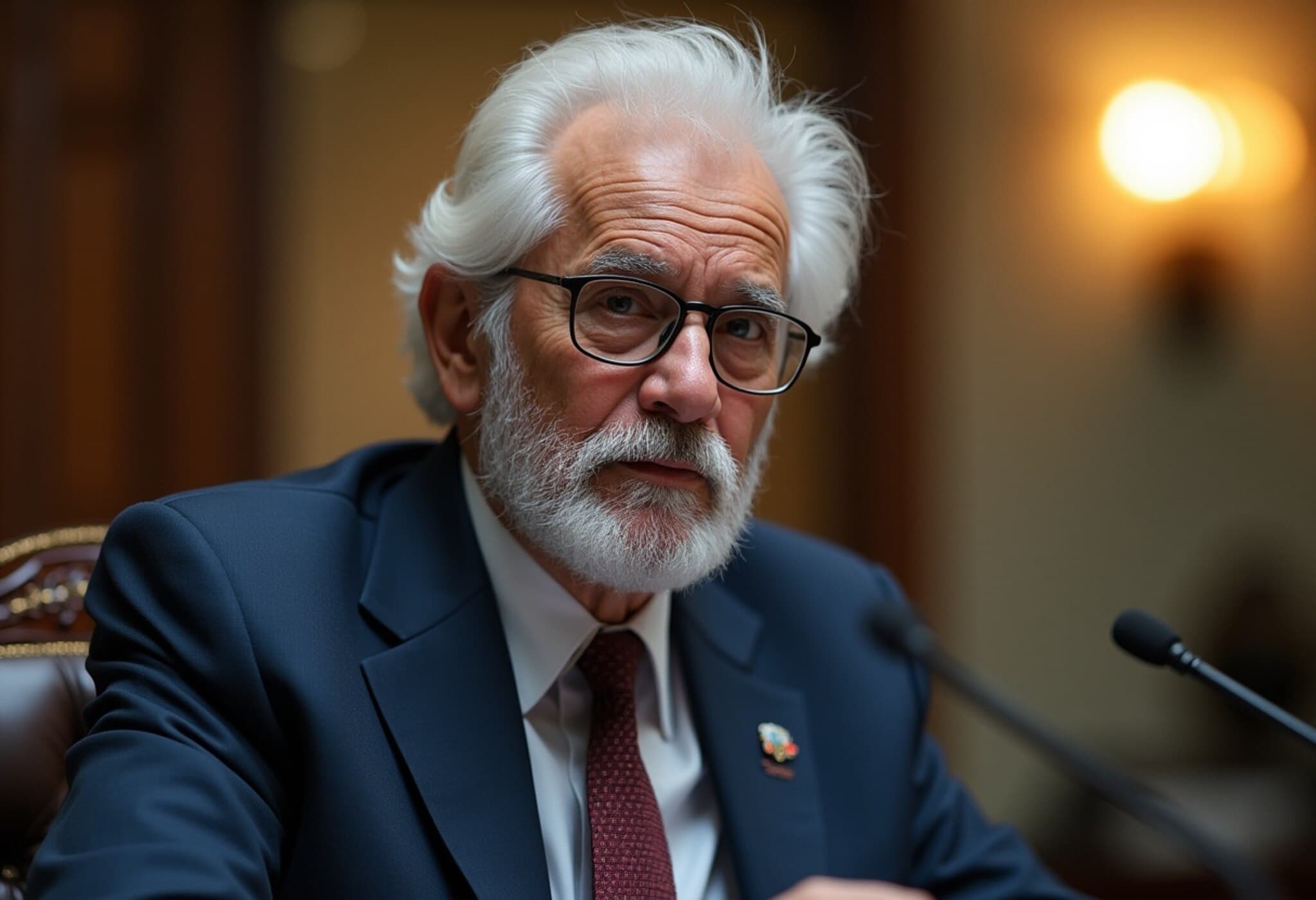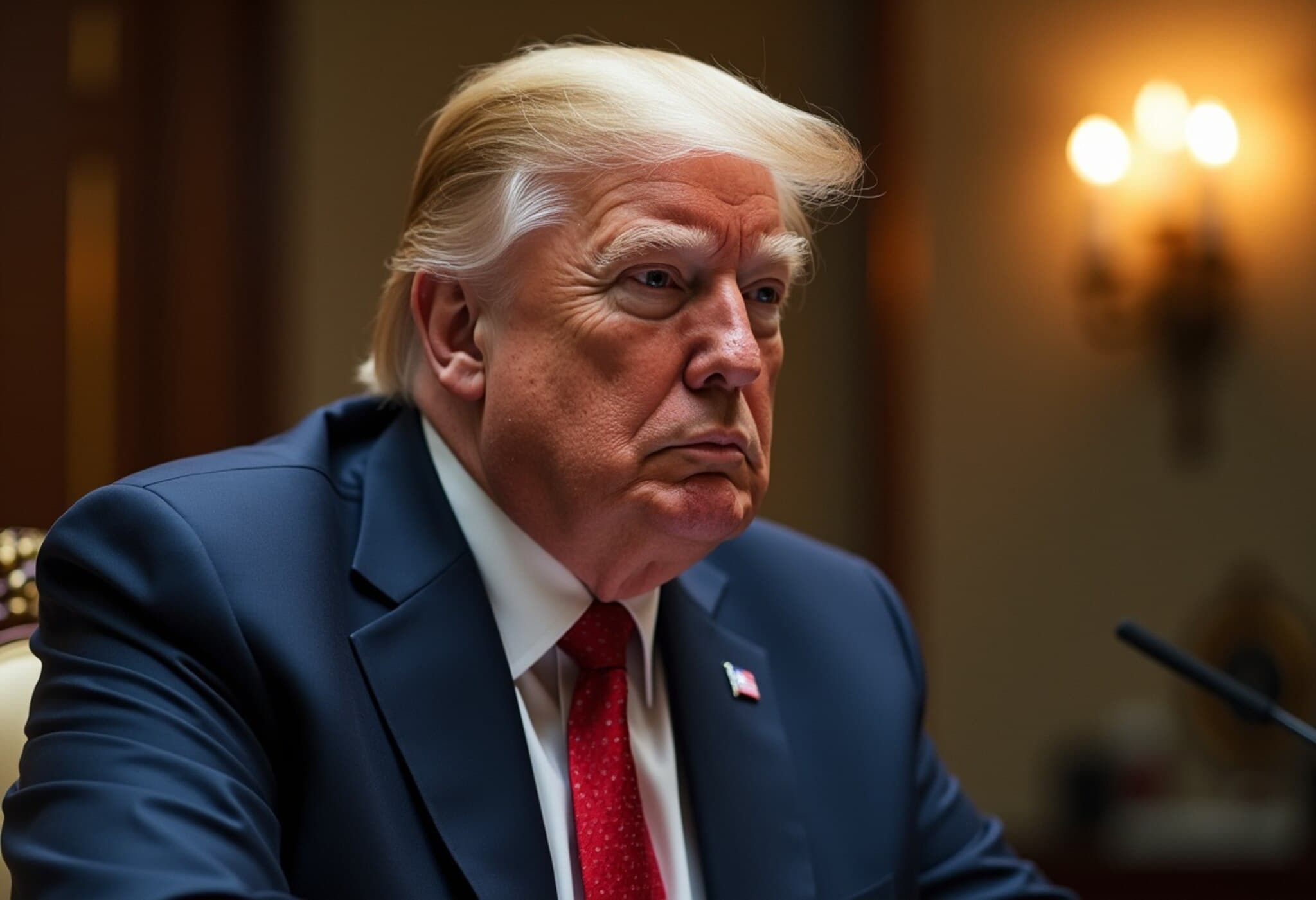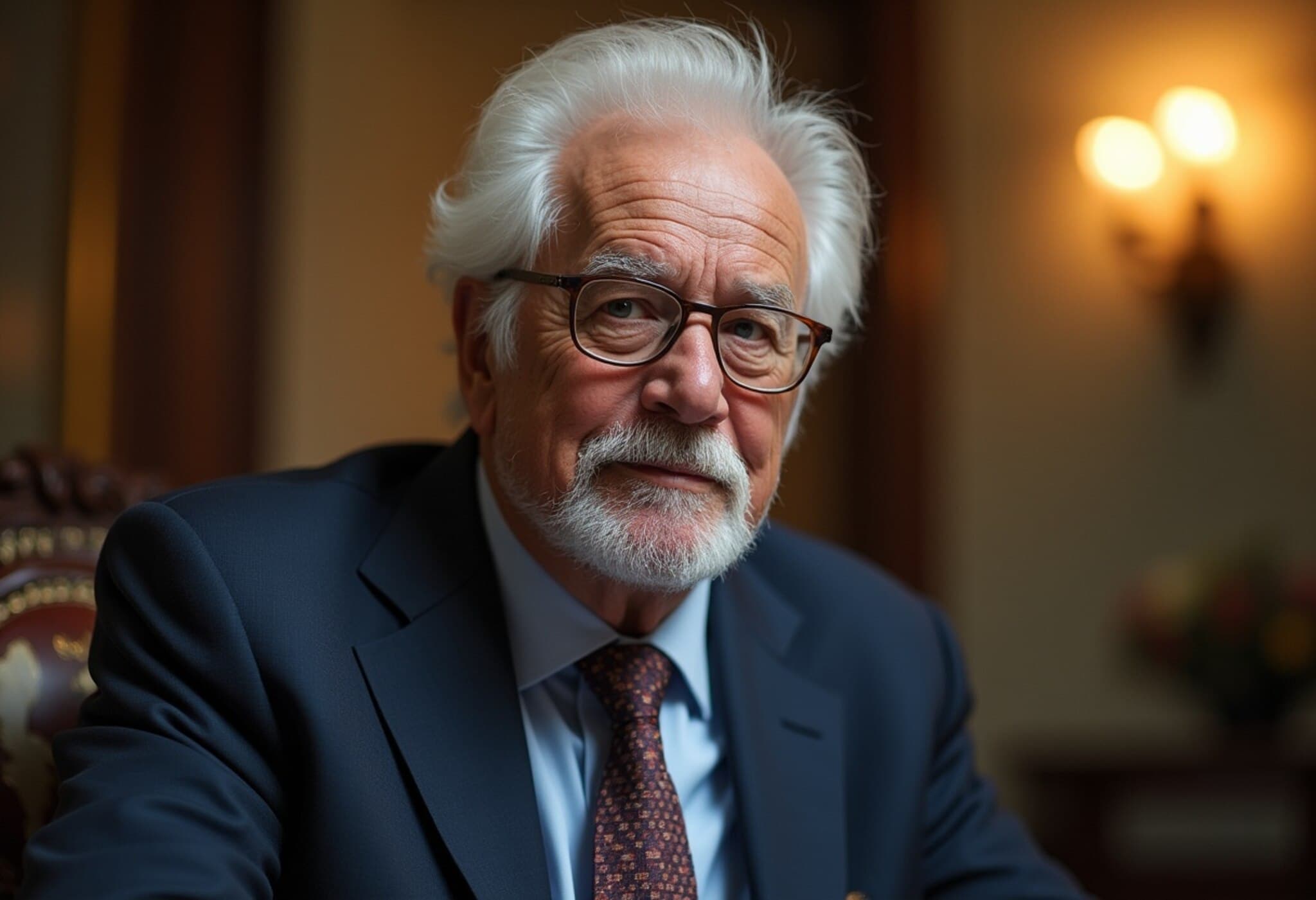Brazil’s President Lula Demands Respect Amid U.S. Tariff Threats
In a rare and candid interview at the Alvorada Palace in Brasília, Brazil’s President Luiz Inácio Lula da Silva expressed deep frustration with ongoing tensions between Brazil and the United States. Facing looming U.S. tariffs of up to 50 percent and pressure to halt legal proceedings against former Brazilian President Jair Bolsonaro, Lula asserted firmly, “I want to be treated with respect.”
Challenging Trump’s Heavy-Handed Approach
President Trump’s threats to impose hefty tariffs on Brazilian goods – largely tied to Bolsonaro’s criminal case – have ignited a diplomatic storm. Lula sharply criticized the U.S. for using aggressive economic tactics in lieu of dialogue. “When you have a commercial disagreement, you pick up the phone, schedule a meeting, and talk through it,” he said, condemning what he called Trump’s abandonment of diplomacy in favor of ultimatums.
Lula emphasized that Brazil will not bow to pressure. “Seriousness does not require subservience,” he said, highlighting Brazil’s status as an economic and geopolitical heavyweight in Latin America. He reaffirmed the independence of Brazil’s judiciary, rejecting Trump’s characterization of Bolsonaro’s prosecution as a “witch hunt.”
Tariffs as a Political Weapon
The proposed tariffs appear less about trade balance and more about protecting political allies. Bolsonaro and Trump share striking political parallels — both lost re-election campaigns and challenged their results, fueling unrest. However, while Trump regained power after four years, Bolsonaro now faces possible decades in prison on coup-related charges.
Lula labeled Trump’s intervention in Brazil’s internal judicial affairs as an unprecedented overreach. He warned that tariff retaliation could escalate, noting that Brazil might impose reciprocal tariffs on American goods. Such measures could lead to higher prices for everyday U.S. consumers on products like coffee, beef, and orange juice—items many Americans may not immediately connect to this geopolitical showdown.
Underlying Democratic and Judicial Tug-of-War
At the heart of the conflict lies a broader contest over the integrity of democracy and judicial independence in Brazil. Bolsonaro’s attempts to undermine the election outcomes and the 2023 riot at the Brazilian government complex echo the January 6 Capitol riot in the U.S. Lula pointed out that if a similar attack had occurred in Brazil, Trump himself might face prosecution.
Brazil’s Supreme Court justice Alexandre de Moraes, who oversees Bolsonaro’s case, has faced U.S. government sanctions, marking a rare instance of international interference in a sovereign nation’s judiciary. The White House sanctions and potential application of the
- Global Magnitsky Act
- Targeting Brazilian officials for alleged 'censorship' and political persecution
Looking Ahead: Political Ramifications and Economic Fallout
President Lula openly endorsed Vice President Kamala Harris over Trump in the coming 2024 U.S. elections, reflecting his desire for a reset in bilateral relations. Despite multiple overtures by Lula, Trump has declined direct communication, deepening divides.
As Brazil and the U.S. stand at a crossroads, the longtime partners risk transitioning from a 200-year-old relationship built on reciprocity and mutual benefit to one marred by political retaliation and mutual losses.
Expert Insights: What This Means for Global Trade and Democracy
This dispute underscores broader themes in global geopolitics where democratic integrity, judiciary independence, and international economic policies intersect. Experts point out that wielding tariffs as political leverage weakens trust in global trade systems and can destabilize emerging economies.
From a U.S. policy perspective, the bipartisan consensus has often supported strong ties with Brazil as a key strategic partner in Latin America. The current friction raises questions about balancing political considerations with economic pragmatism and respect for sovereign legal processes.
Editor’s Note
Brazil’s President Lula’s firm stance against U.S. tariff threats spotlights not just a trade disagreement, but a profound clash over respect, sovereignty, and democracy in the Americas. As economic pressures and political posturing intensify, observers must ask: How far will nations go when trade becomes a battlefield for ideology? And what will the long-term consequences be for citizens on both sides, caught in the crossfire of global power plays?
Understanding this evolving dynamic requires not only following immediate policy decisions but also appreciating the deep historical, legal, and democratic contexts that shape these leaders’ actions.

